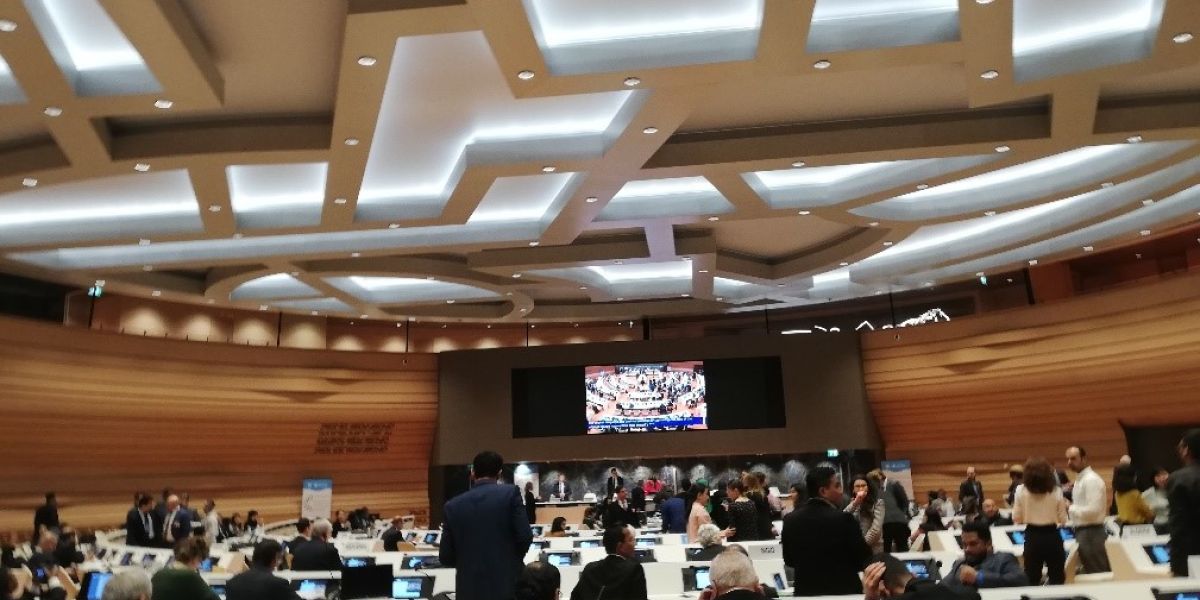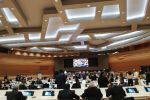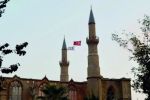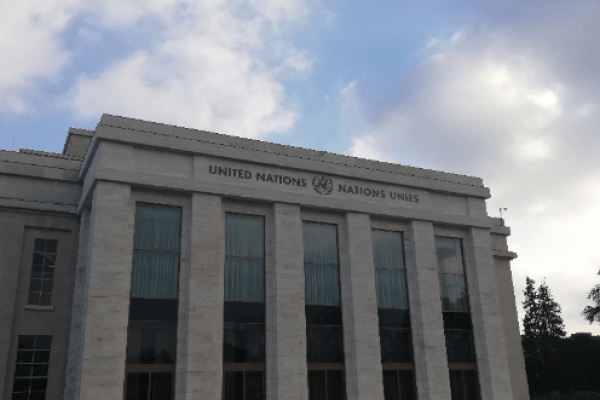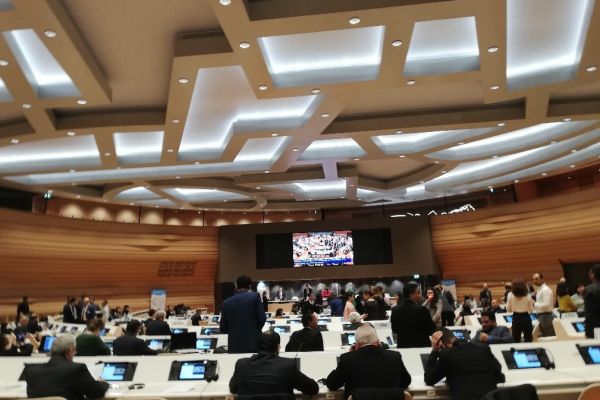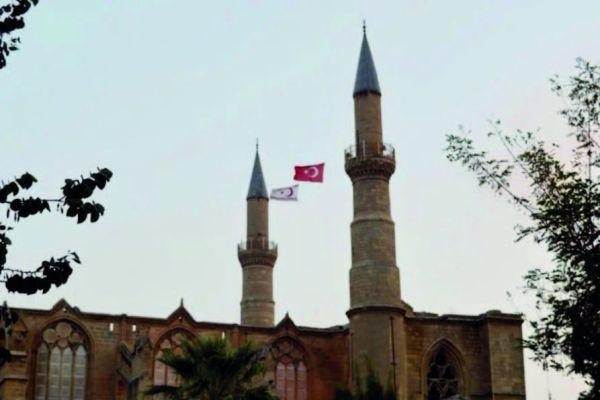Hello All,
On Thursday 29th and Friday 30th of November, I had the opportunity to attend and participate in the United Nations Forum on Minority Rights which took place in Geneva. The theme and focus of this forum was the issue of statelessness.
During these two days, many international delegates, organisations, NGOs, and significant UN personnel contributed and gave noteworthy speeches and recommendations in regards to how best to tackle this issue of nationality. Although I learned new elements of the topic, I did feel this was a limited approach to the issue and that there was a lot of diplomatic talk with little real action. However, it did provide a platform to present the research findings on the child’s right to nationality in the TRNC and distribute a few copies of the report.
The forum included a specific discussion on minority women and children affected by statelessness, which I felt was the most personal and honest conversation of the conference. Within this scope, I was –unexpectedly- able to speak for two minutes about what we discovered on the child’s right to nationality in the TRNC! Due to the Republic of Cyprus delegation being present in the room and it being the most tangible of the issues to explain in such a short time, I focused on the issue of children of ‘mixed marriages’ not being able to obtain the Republic of Cyprus nationality. Unfortunately, I ran out of time before presenting the two recommendations to the state, however, a full copy of the speech was electronically communicated to the forum administrators and thus will be added to the record.
The Republic of Cyprus delegate quickly responded by referencing the political conflict with Turkey and claiming the TRNC was an occupied state, and thus children born there could not be stateless. Additionally, the delegate came to speak to me personally! She reiterated what she had said, stated that she had picked up a copy of the report, and wished to have a full version of the statement presented. It must be said that some delegates sitting nearby seemed impressed and intrigued by the exchange!
To be completely honest, I could not quite believe what was happening until it was over. It was a very surreal moment to be summarising such a complicated matter to this group of people in such circumstances. As seen in the photo, it was a very formal atmosphere; there was a strict and formulaic procedure to be followed which I was not completely familiar with, and so by the end of it I was quite overwhelmed by it all.
But in any case, I am very proud to have had the opportunity to highlight some of the key points of the research and some of the nationality issues faced by people living in the TRNC, including children. It is now officially on record and, hopefully, now it cannot be ignored.
Next stop, the UPR process!
